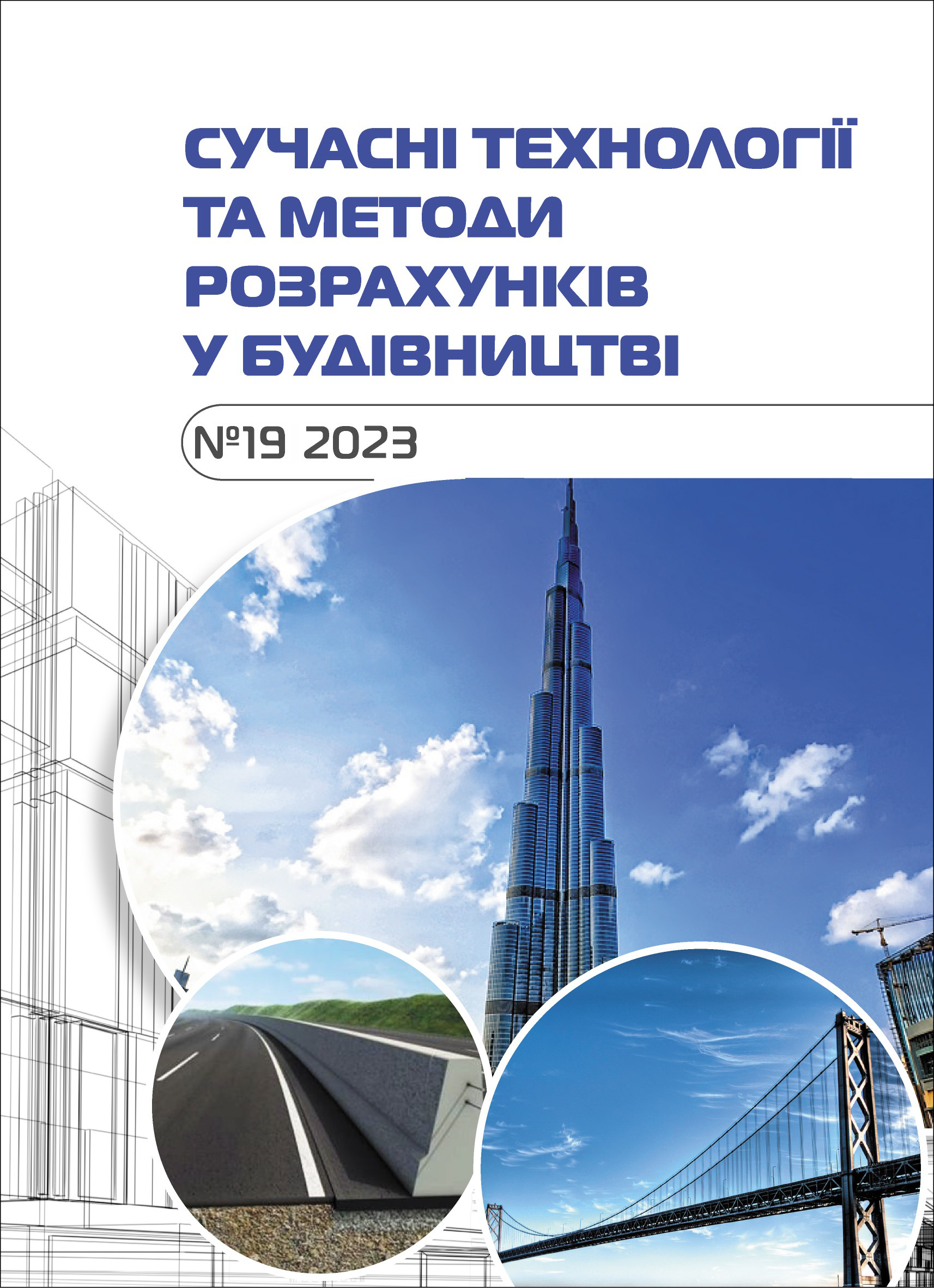Theoretical aspects of planning and management of the logistics systems of waste use at the level of territorial communities
Abstract
The investments in individual elements of solid waste logistics services without a vision of the future circular logistics system will not significantly improve the situation with waste accumulation. Communities may invest their funds in the purchase of new special vehicles for the transportation of garbage, but at the same time do not know about their compatibility with future collection systems. This is especially important for UTC, which does not have its processing capabilities. In some places, communities have introduced separate garbage collection, but people are not ready for it. This does not allow for quickly optimize the logical parameters of the system.
Based on their observations, the scientists determined that cities and townships have more or less satisfactory ecological material and technical base, rural settlements are risk groups, whereas direct private farms of farmers are critical. In rural areas, the logistic system of waste management is not sufficiently developed. This indicates the relevance of problems in the solid waste management field.
Household waste collection points focus on the separate collection of various components of waste – paper, metal, plastic, glass, textiles, wood, bulky, household, and hazardous waste, etc. These points should replace container sites where the waste will accumulate. Circular logistics of such waste should be characterized by high efficiency, which requires proper information flow between various participants in the waste processing chain. This will provide all interested parties the information on waste management, create conditions for the redistribution of material flows, optimize waste disposal routes, etc.
The material flow in this area represents the interconnection of all operations that occur during the reception, processing, placement of waste, and redistribution of resources. Knowing the sequence of material flows in cyclical logistics is necessary to find ways to minimize logistics costs and optimize time parameters. An important issue is the establishment of waste collection in order not to increase costs. The main role in this should be played is the residents' awareness and responsibility for household waste sorting and the availability of the independent garbage collection infrastructure.








